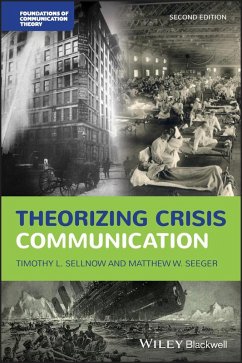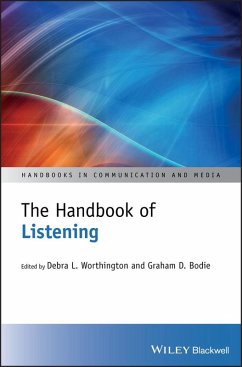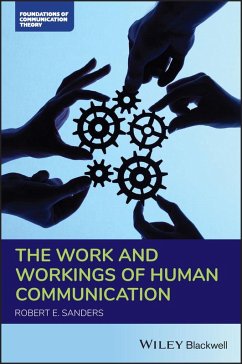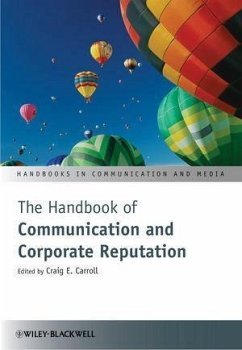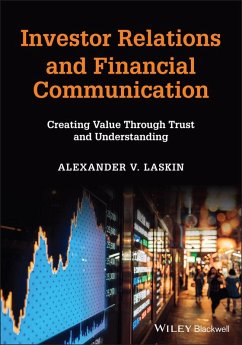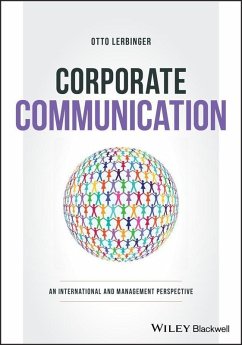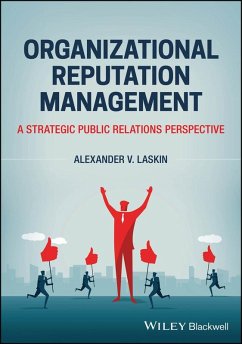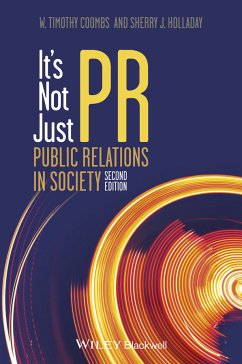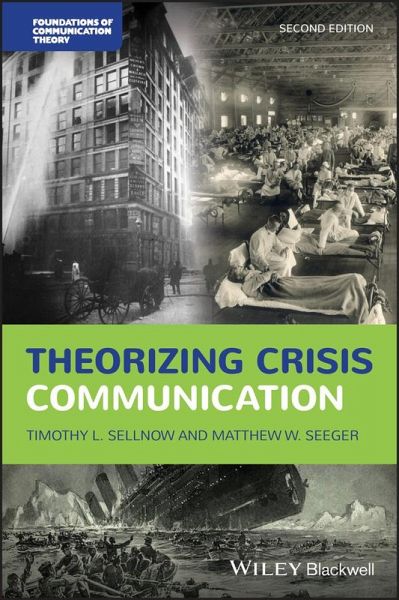
Theorizing Crisis Communication (eBook, ePUB)
Versandkostenfrei!
Sofort per Download lieferbar
44,99 €
inkl. MwSt.
Weitere Ausgaben:

PAYBACK Punkte
0 °P sammeln!
Explore the major theories within crisis communication, fully revised and updated Theorizing Crisis Communication provides a comprehensive and state-of-the-art review of both current and emerging theoretical frameworks designed to explain the development, management, and consequences of natural and human-caused crises. A critique of the many theoretical approaches of crisis communication, this volume provides readers with an in-depth understanding of the management, response, resolution, and significance of failures in corporate responsibility, as well as destructive global events such as pand...
Explore the major theories within crisis communication, fully revised and updated Theorizing Crisis Communication provides a comprehensive and state-of-the-art review of both current and emerging theoretical frameworks designed to explain the development, management, and consequences of natural and human-caused crises. A critique of the many theoretical approaches of crisis communication, this volume provides readers with an in-depth understanding of the management, response, resolution, and significance of failures in corporate responsibility, as well as destructive global events such as pandemics, earthquakes, hurricanes, tsunamis, chemical spills, and terrorist attacks. This second edition contains new theories from related subfields and updated examples, references, and case examples. New chapters discuss metatheoretical considerations and theoretical advancements in the study of social media. Throughout the text, the authors highlight similarities, patterns, and relationships across different crisis types and offer insight into the application of theory in the real world. Integrating work from organizational studies, social sciences, public relations, and public health, this book: * Covers a broad range of crisis communication theories, including those relevant to emergency response, risk management, ethics, resilience and crisis warning, development, and outcomes * Presents theoretical frameworks based on research disciplines including sociology, psychology, applied anthropology, and criminal justice * Provides clear and compelling examples of application of theory in contexts such as rhetoric, mass communication, social media, and warning systems * Offers a systematic and accessible presentation of topics by explaining each theory, describing its applications, and discussing its advantages and drawbacks Theorizing Crisis Communication, Second Edition, is the perfect textbook for advanced undergraduate and graduate studentsof crisis and risk communication, and an importance reference for scholars, researchers, and practitioners in fields including crisis communication, emergency management, disaster studies, sociology, psychology, and anthropology.
Dieser Download kann aus rechtlichen Gründen nur mit Rechnungsadresse in D ausgeliefert werden.




